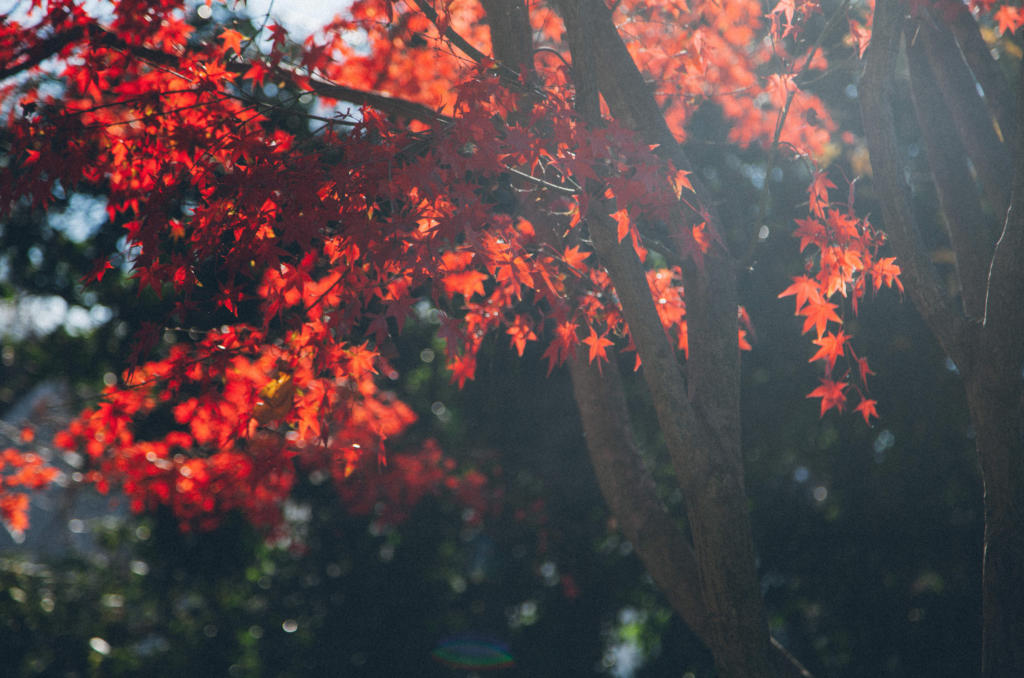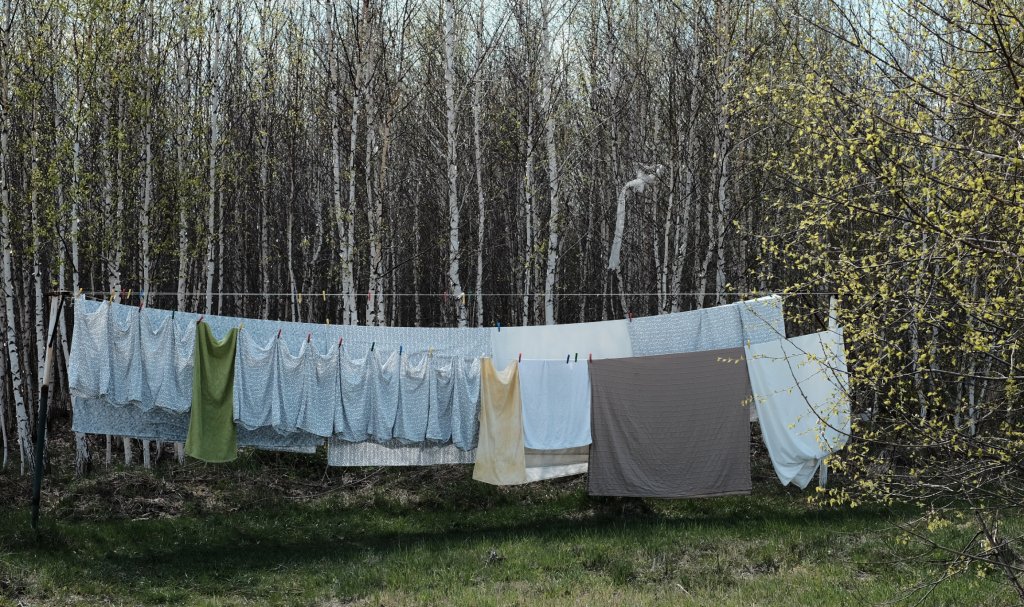Fervor, Foolishness, and Faithfulness: Psalm 42 and Growth in Christ
His Bible is open to the Psalms this morning, left on the kitchen table beside a napkin from breakfast, the chair still pulled out, abandoned by its occupant in the still dark morning hours. I make eggs and toast, pour coffee, and sit in his chair, pull his Bible close. Mine is in the other room waiting with my morning motions, but an open Bible is a temptation of the good sort. I flick the pages a few forward until I come to Psalm 42, in which the famed deer pants.
I share the ache of this Psalmist: my tears have been my food, a despairing and disturbed soul. A melancholy ache for the days of old, when I "used to go along with the throng, leading them in the procession to the house of God." I do not camp in the hills of nostalgia often, but occasionally I will take a look behind me at what used to be and what might have been, and grow sorrowful.
Two conversations with two friends last week: the first, a girl in her mid-twenties who mourns the fervor of her college days when she was poised to change the world with her faithfulness. She was going to be a history maker, a world changer, and now? Now she is a wife. A worker. Someone who clocks in and clocks out and goes home and makes spaghetti for her husband. She wonders, "Have I missed my chance to really be something?" The second conversation, a friend who wants to have more children but married late and is fearful the punishment for foolish twenties will be no more babies in her late thirties.
I want to take their faces in my hands and say two things: the first is that none of us ended up where we thought we'd be, and if we did, I wonder how much of it was due to a controlled plan by us, and not a faithful following of a faithful God. The second is that God isn't punishing us for lost fervor or years of foolishness behind us.
Sometimes I get lost in there, don't you? Lost in the regret that things aren't turning out like I thought they would, not in the order I thought best or the place I thought best. I ache for the sort of clarity and insight I had in my early twenties, the exacting nature of my mind, the black and whiteness of justice and faith and theology. I was so sure of so many things back then. I was, like the Psalmist, "leading the procession to the house of God, [part of a] multitude keeping festival." I was part of the throng of world changers and earth shakers. And now? Now I'm eating cold eggs and toast at a kitchen table listening to my dog pant at my feet and wondering if I should just mop and vacuum the floor or deep clean the whole house. This is what my life has come to?
Did I waste my twenties with dreams and certainties and hopes and plans? Has my warm heart turned cold? Did I miss the call of God somewhere? When did I step out of the processional line, stop keeping the festivals with the multitudes?
I rarely ask those questions anymore, though I have my bouts of them at times, because somewhere along the way I have begun learning to be more like the deer panting for water than the throngs in procession. I am learning what is required of me is faithfulness, not awesomeness; quietness, not greatness; love, not being larger than life. I need the water of life more than I need the approval of the multitudes. I need a refreshed soul more than I need to change the world. I need to know the love of a Father more than I need the love of men.
Life is long, friends. Twenties? Thirties? God knows your days and has numbered them, but for most of us, these decades are at the beginning of a long life. And most of us will never change the world in wild ways, but may change it out of mere faithfulness to the small things. My pastor has spoken often in recent weeks of being patriarchs and matriarchs, looking behind us as all that has been sown in quiet faithfulness. "A long obedience in the same direction," Nietzsche called it (unknowingly lending a helpful phrase to the Christians he despised). One foot in front of another, one return to the water brook after another, one day of thirst after another.
God didn't waste your teens or your twenties or your thirties and he's not wasting them right now, as you wake to the same perpetual motions of your every day. He's not stepped around your life, taken his hand off of you, ignored your pleas, or forgotten your desires. We might have forgotten the foolishness or fervency of our youth, but he is far more concerned with our faithfulness today.
What is in your hand today? I know you were a big deal back then, but what about today? Who are you today and what has he set you to? Do that. Do it with all your heart as unto God, not man. Don't look for the approval of man, not even your own approval. There's not report card in Christianity, no medals to hang above your dresser or trophies to stand on a mantle. There's just you and a long obedience ahead. Be faithful. And then enter into the joy of your Master.





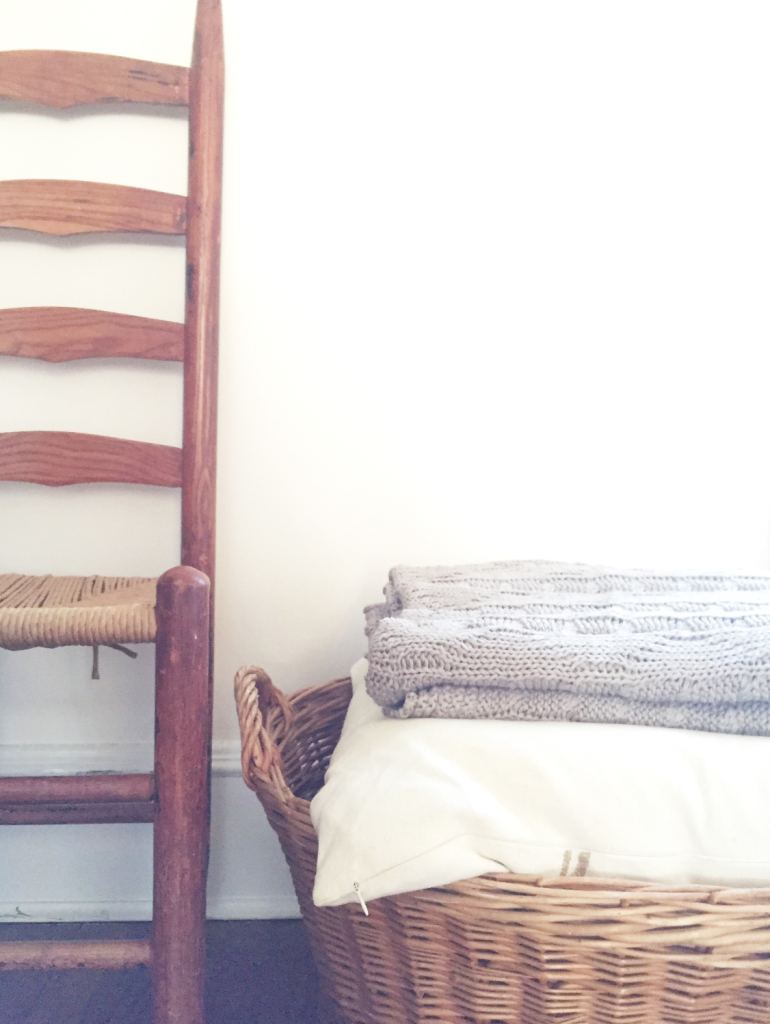 I have been reading the book of Job this month and I am encouraged by it in a way unlike ever before. I've struggled with Job in the past, either I didn't want my joy tinged with his suffering or I didn't want my suffering spiraling down more. But God, in his goodness, has me reading the whole book this month and every morning I am struck more and more by the deep wells of truth in it. His friends did some things right and said some things wrong. Job did some things right and said some things wrong. It is not a prescriptive book, it is descriptive of Job's life and walk with the Lord, but it can be a comfort to us in its descriptiveness.
I have been reading the book of Job this month and I am encouraged by it in a way unlike ever before. I've struggled with Job in the past, either I didn't want my joy tinged with his suffering or I didn't want my suffering spiraling down more. But God, in his goodness, has me reading the whole book this month and every morning I am struck more and more by the deep wells of truth in it. His friends did some things right and said some things wrong. Job did some things right and said some things wrong. It is not a prescriptive book, it is descriptive of Job's life and walk with the Lord, but it can be a comfort to us in its descriptiveness.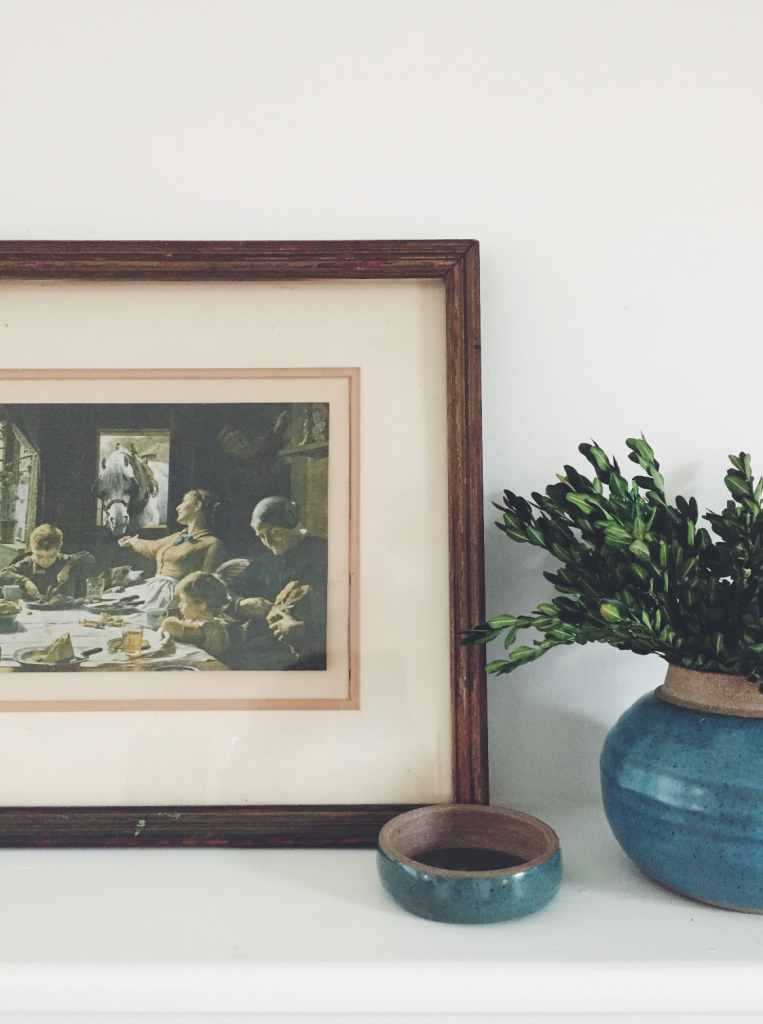

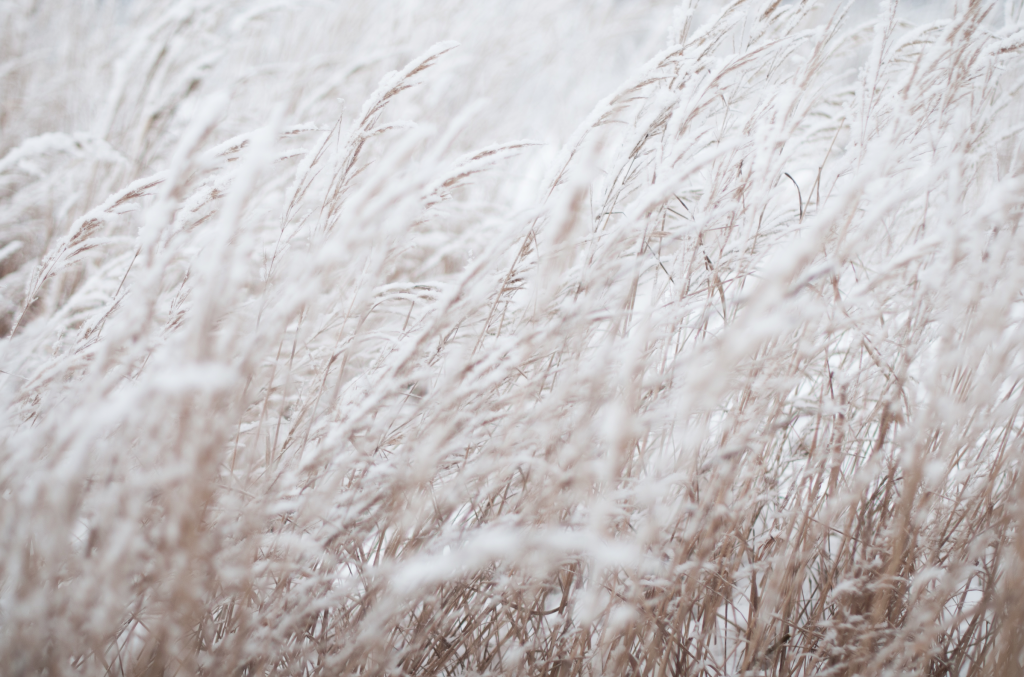

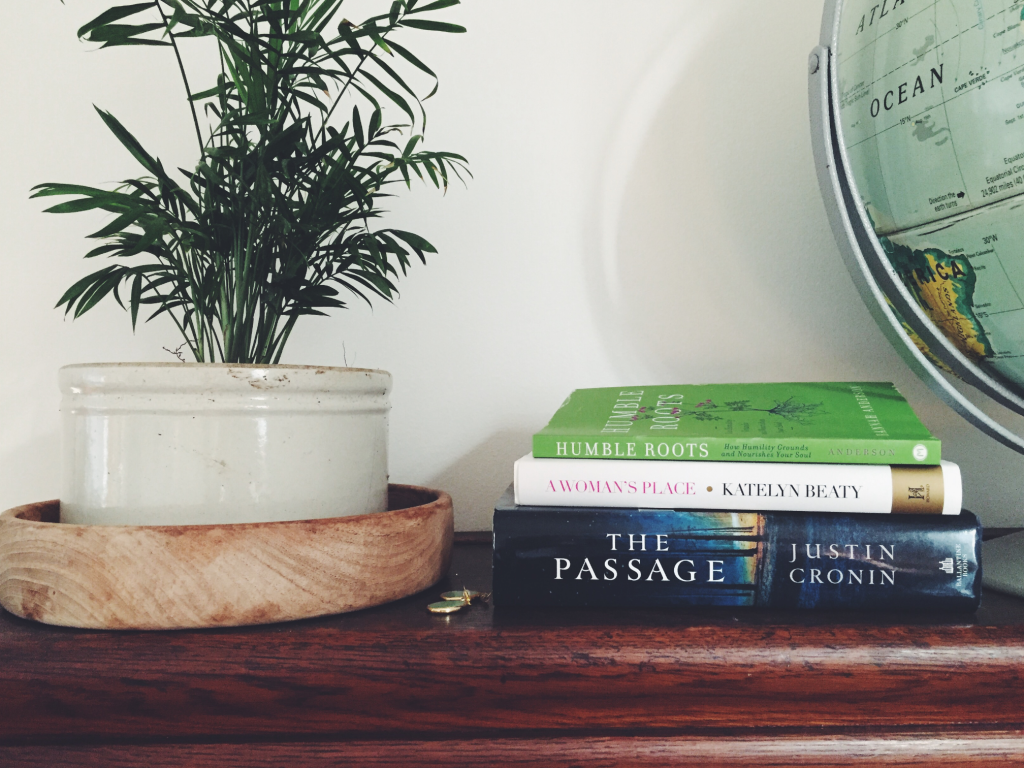

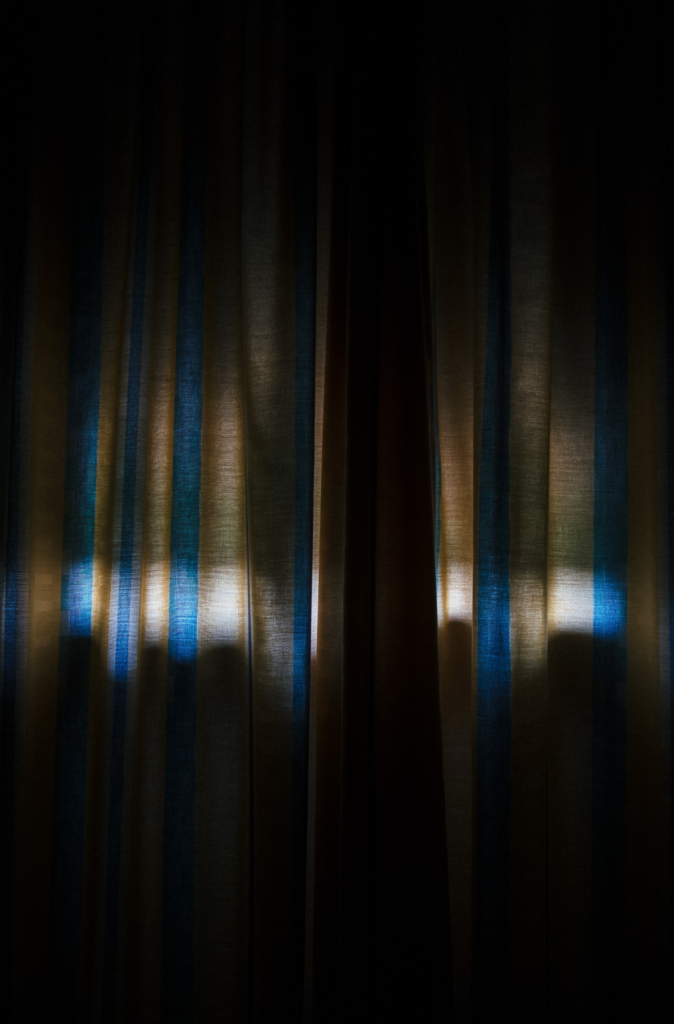
 Before I got married and was asked to write on singleness every other day, one of the questions I'd be asked often was, "How can married women encourage their unmarried sisters." I thought a lot about this question because I think it's a good one, but also because it can be easy to forget some pains of singleness once the vows are said.
In order for us to truly mourn with those who mourn and rejoice with those who rejoice, it takes a great amount of empathy—entering into the sadness, fears, and joys of our sisters and brothers in Christ. What is unfortunate, though, is that the question is rarely flipped the other way around. "How can unmarried women encourage their married sisters?" I think this is perhaps due to an incorrect view that those who are unmarried are somehow lesser than and therefore need greater amounts of encouragement than those who are married. This simply isn't true. What is true is that an unmarried person has distinct and perfect gifts designed by God for their season, and a married person has distinct and perfect gifts designed by God for theirs. No one is less than, or has less than—though it's hard to believe that as an unmarried person who longs for what your sisters and brothers have through their spouses.
Before I got married and was asked to write on singleness every other day, one of the questions I'd be asked often was, "How can married women encourage their unmarried sisters." I thought a lot about this question because I think it's a good one, but also because it can be easy to forget some pains of singleness once the vows are said.
In order for us to truly mourn with those who mourn and rejoice with those who rejoice, it takes a great amount of empathy—entering into the sadness, fears, and joys of our sisters and brothers in Christ. What is unfortunate, though, is that the question is rarely flipped the other way around. "How can unmarried women encourage their married sisters?" I think this is perhaps due to an incorrect view that those who are unmarried are somehow lesser than and therefore need greater amounts of encouragement than those who are married. This simply isn't true. What is true is that an unmarried person has distinct and perfect gifts designed by God for their season, and a married person has distinct and perfect gifts designed by God for theirs. No one is less than, or has less than—though it's hard to believe that as an unmarried person who longs for what your sisters and brothers have through their spouses.